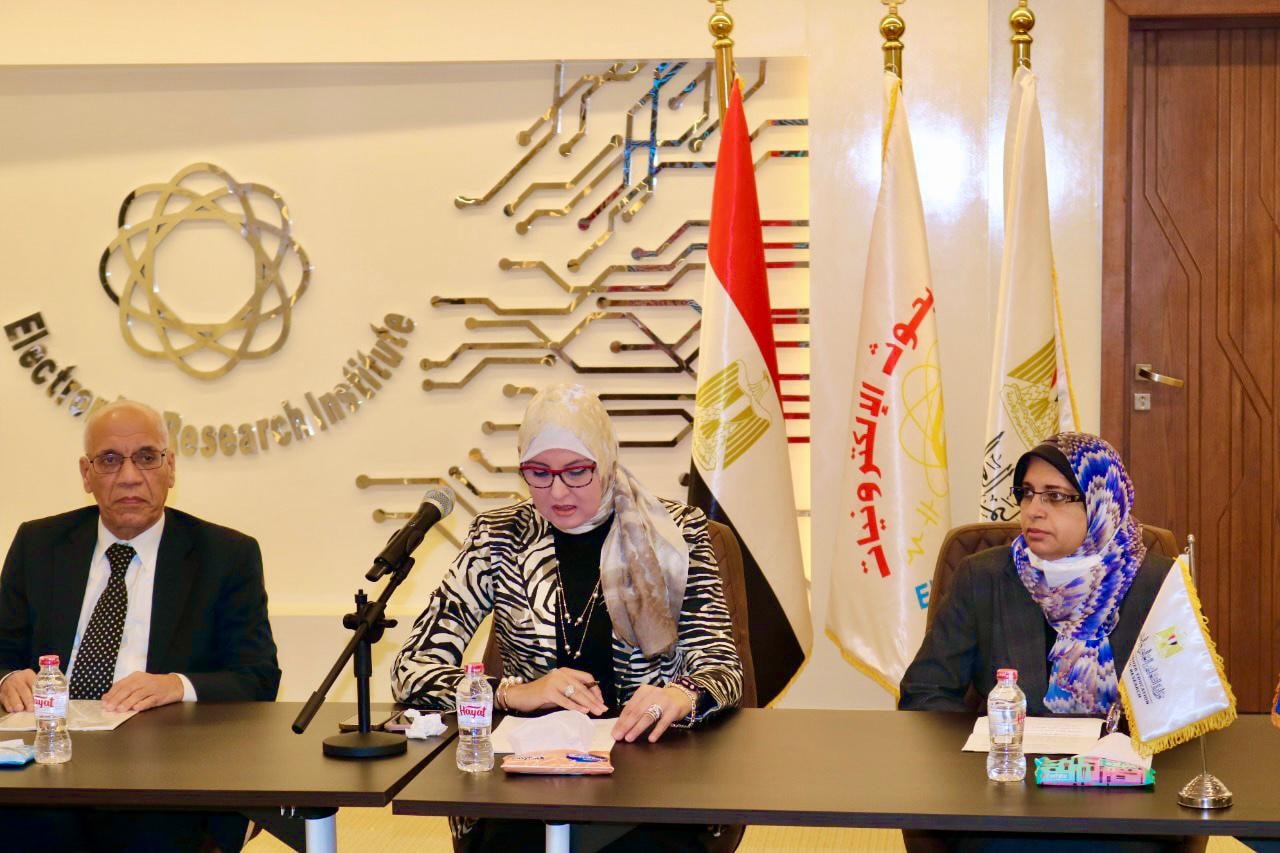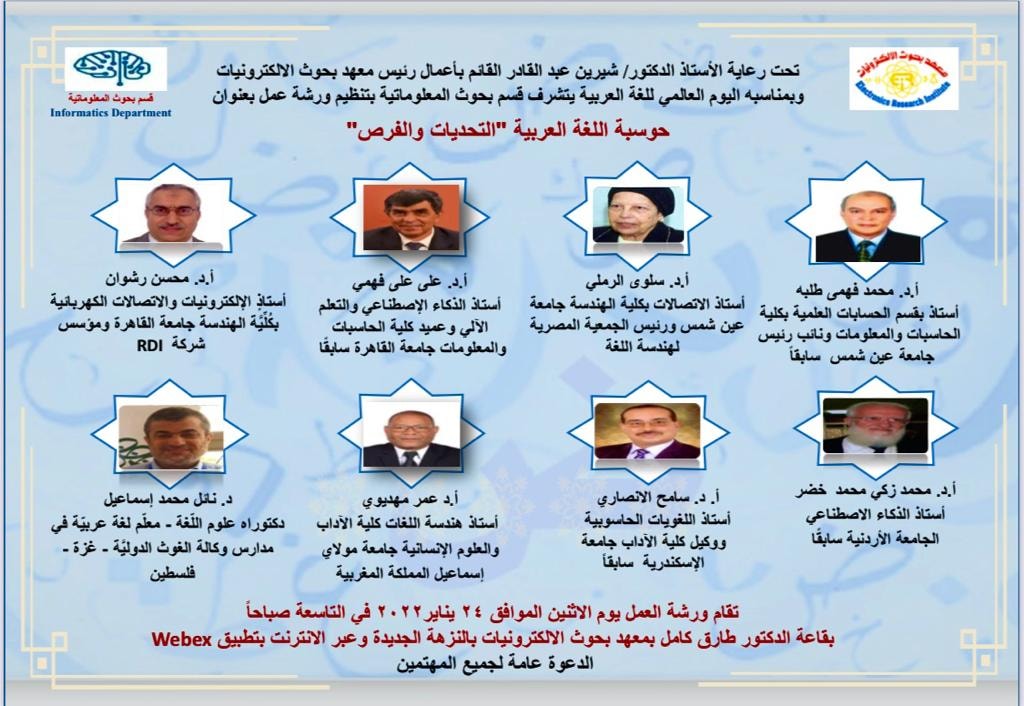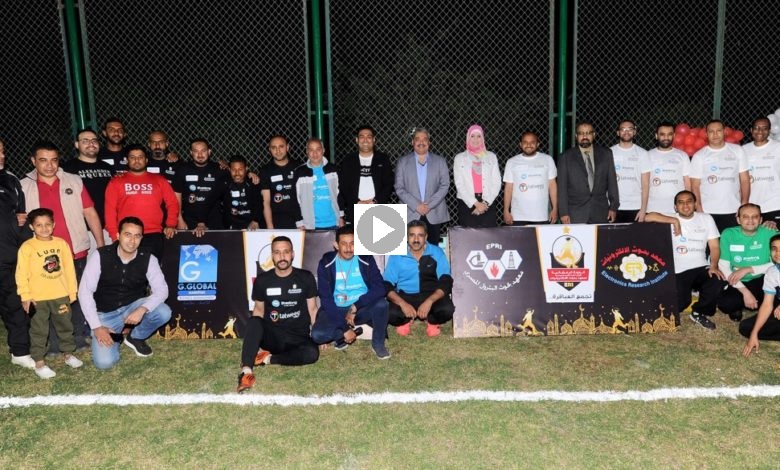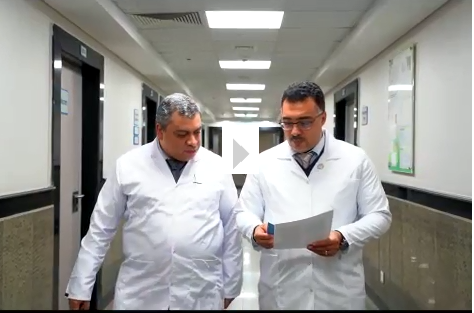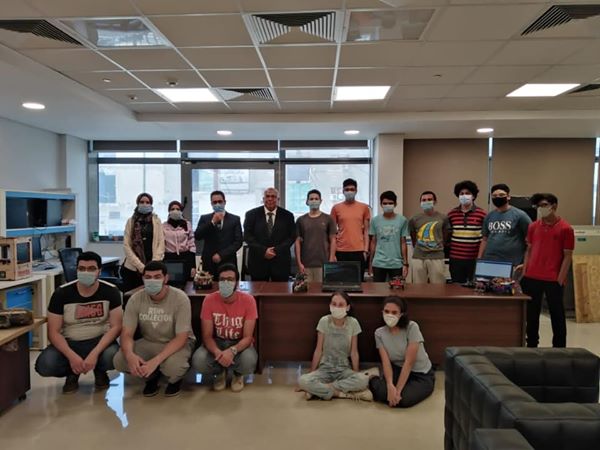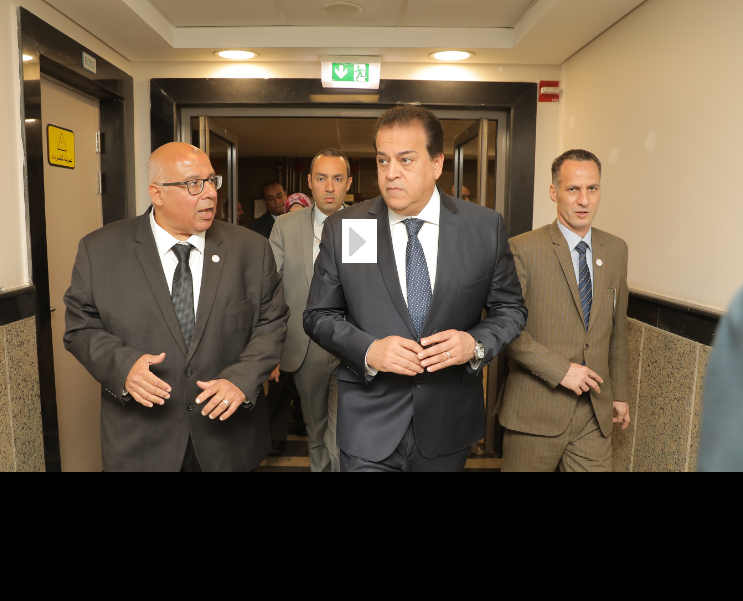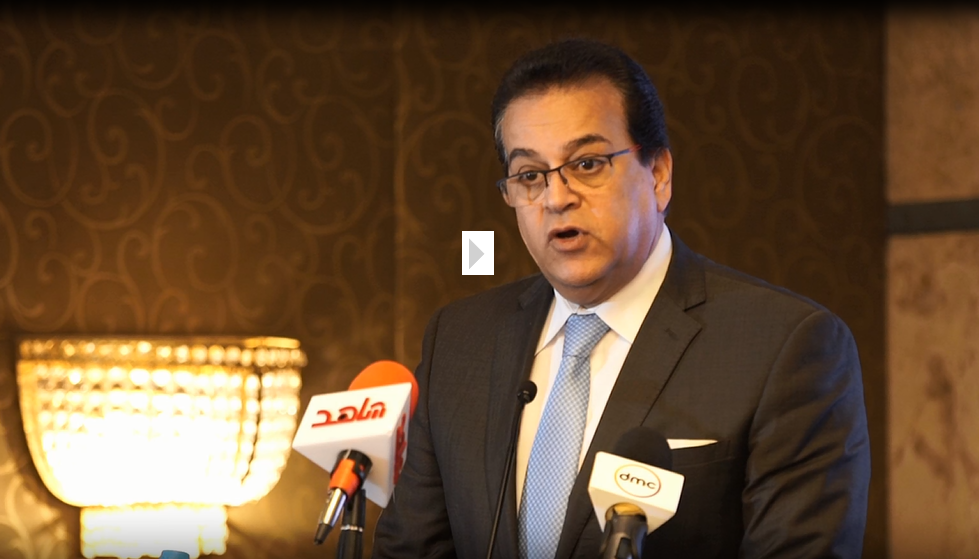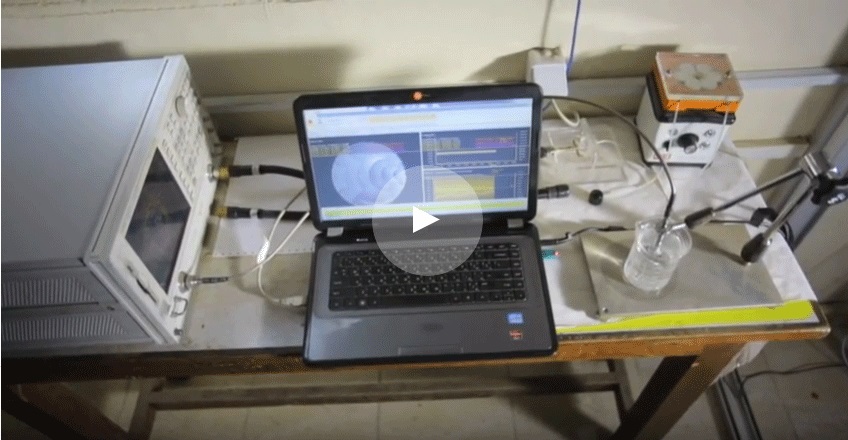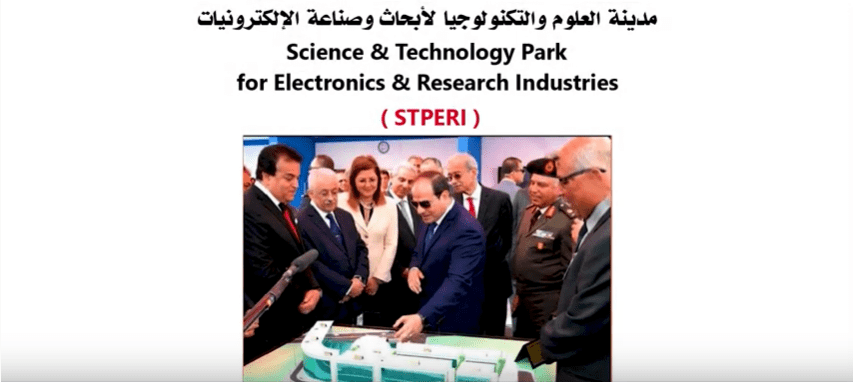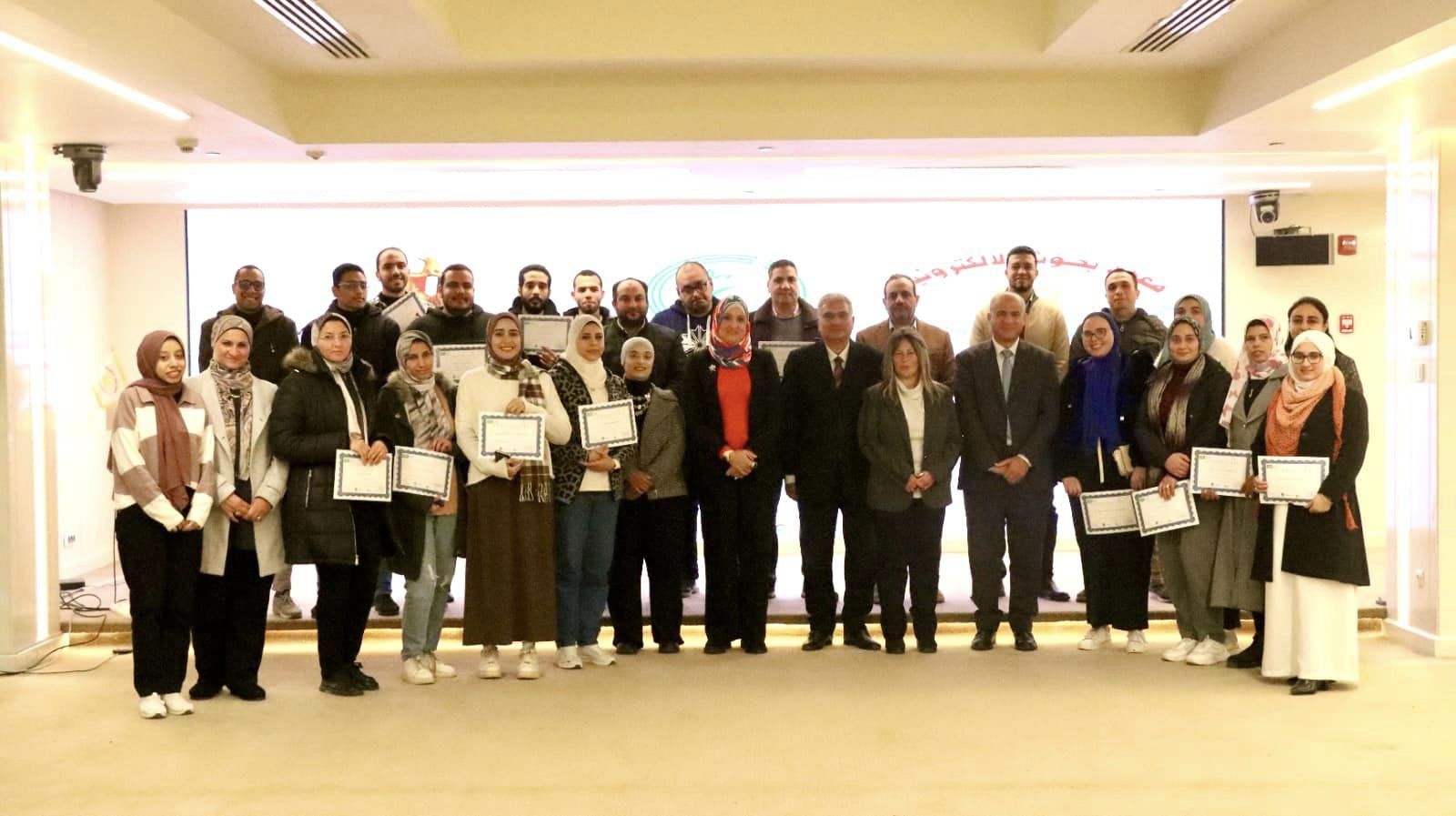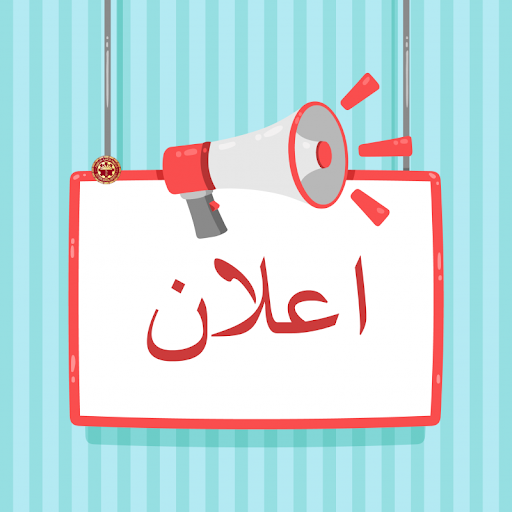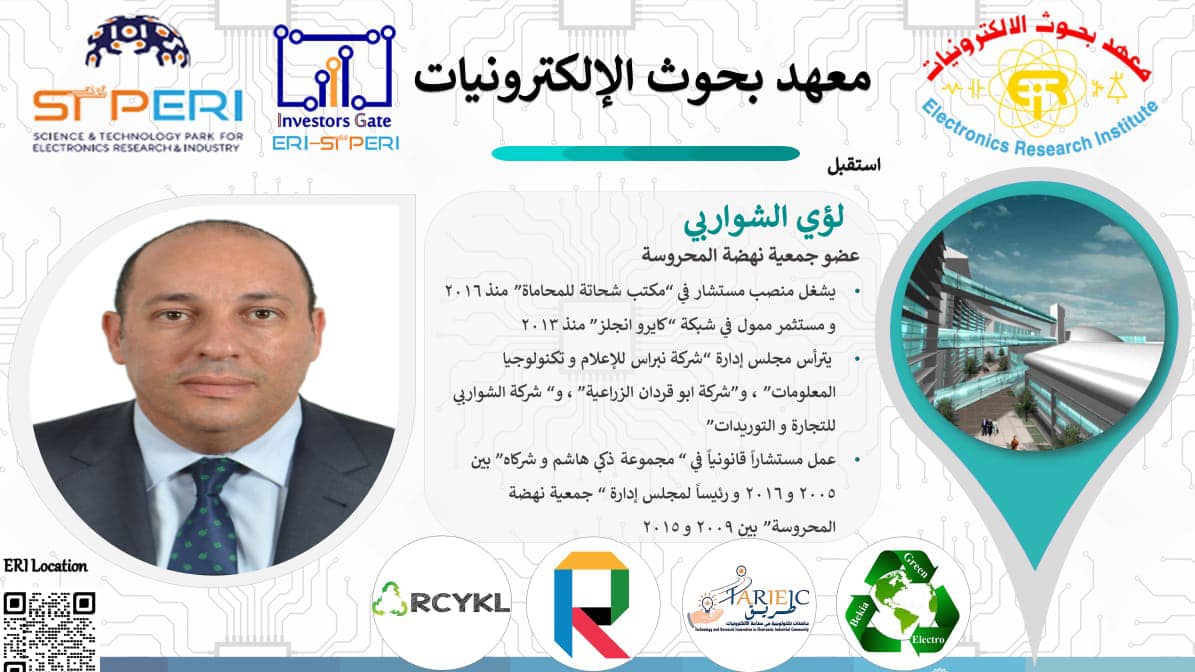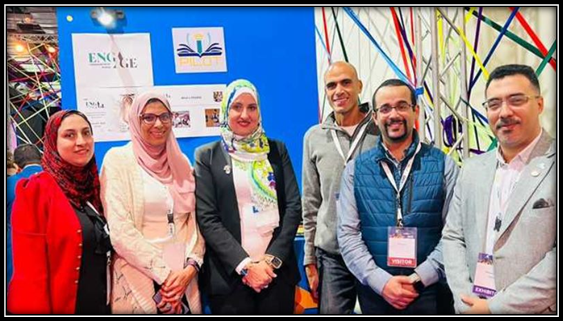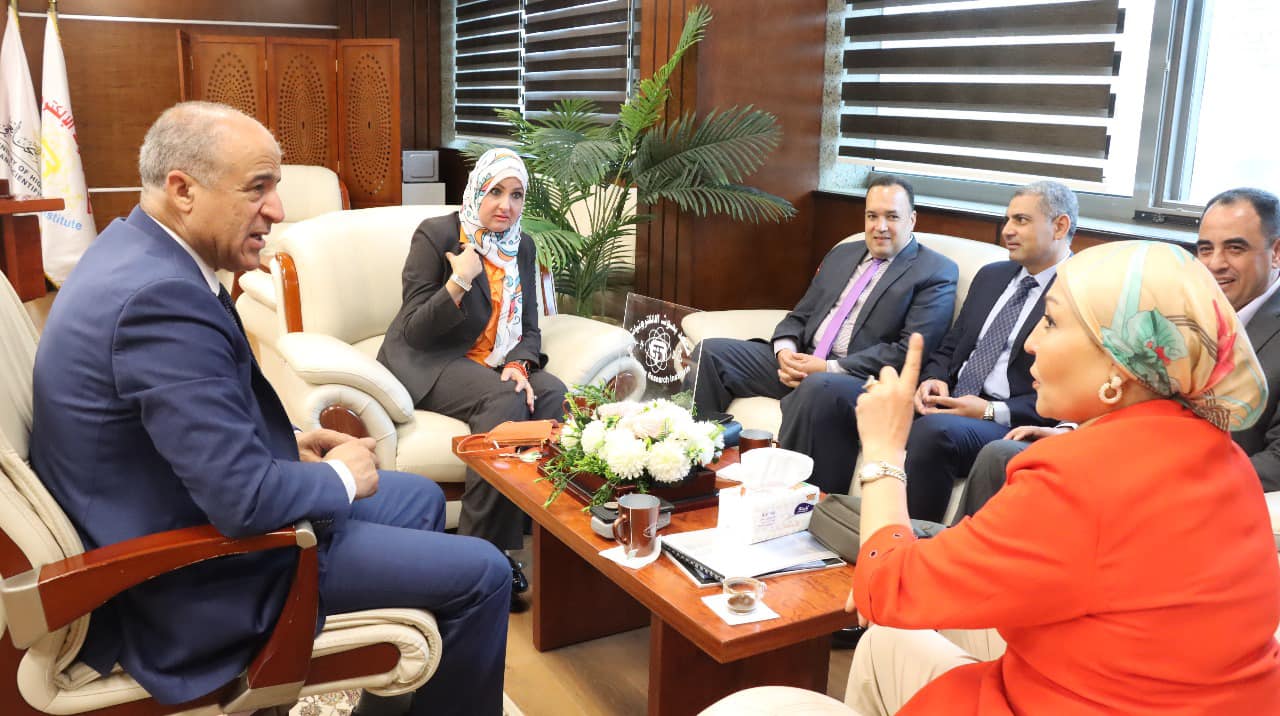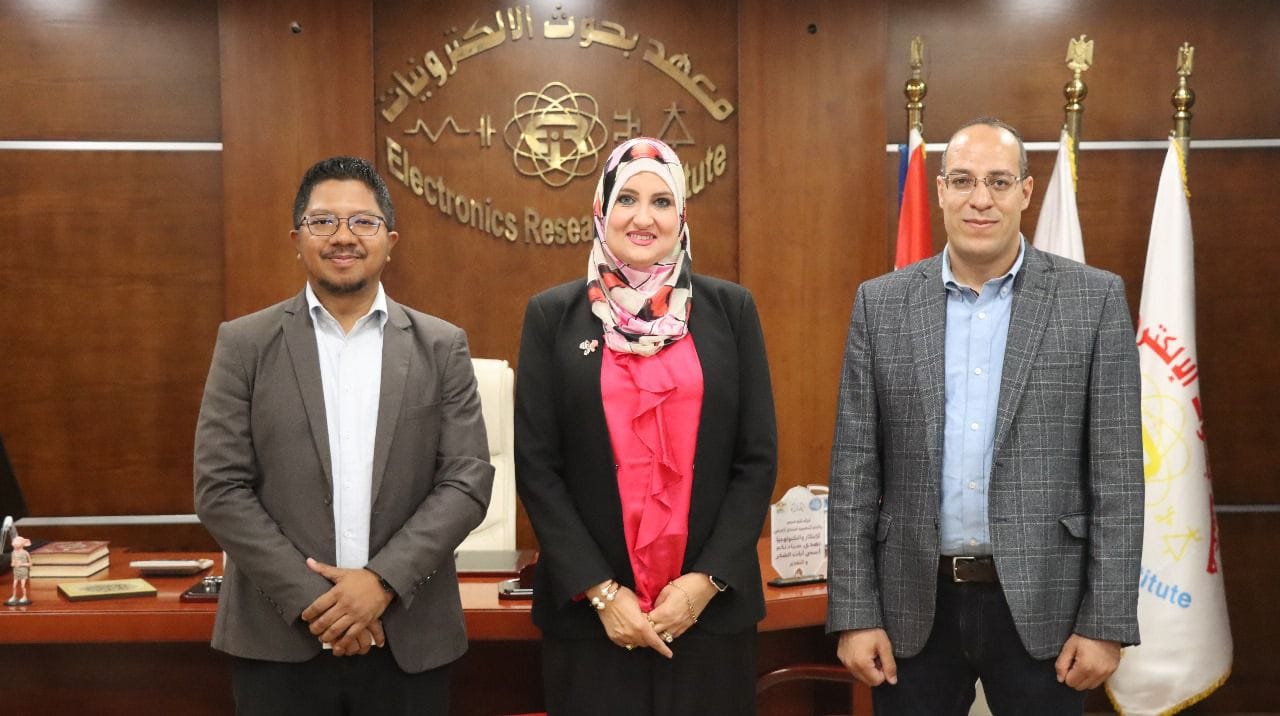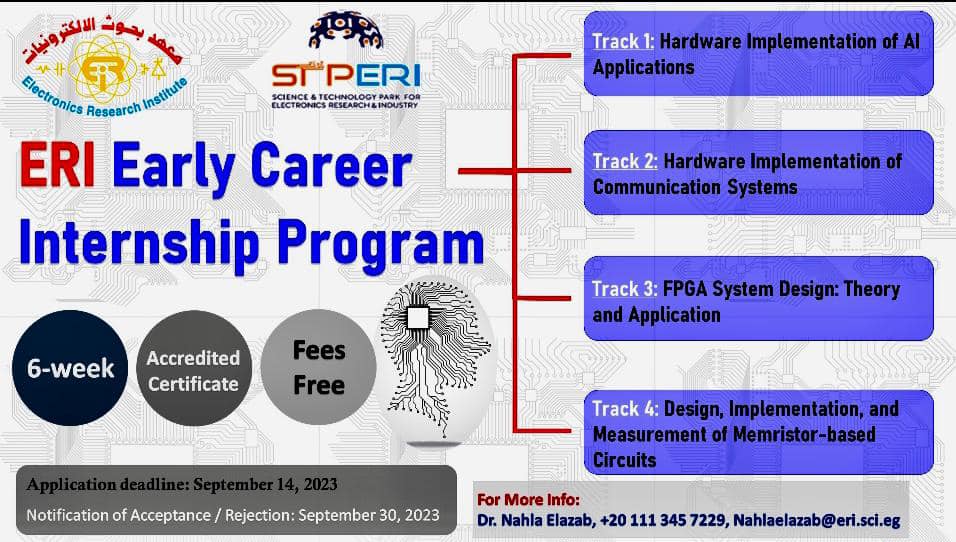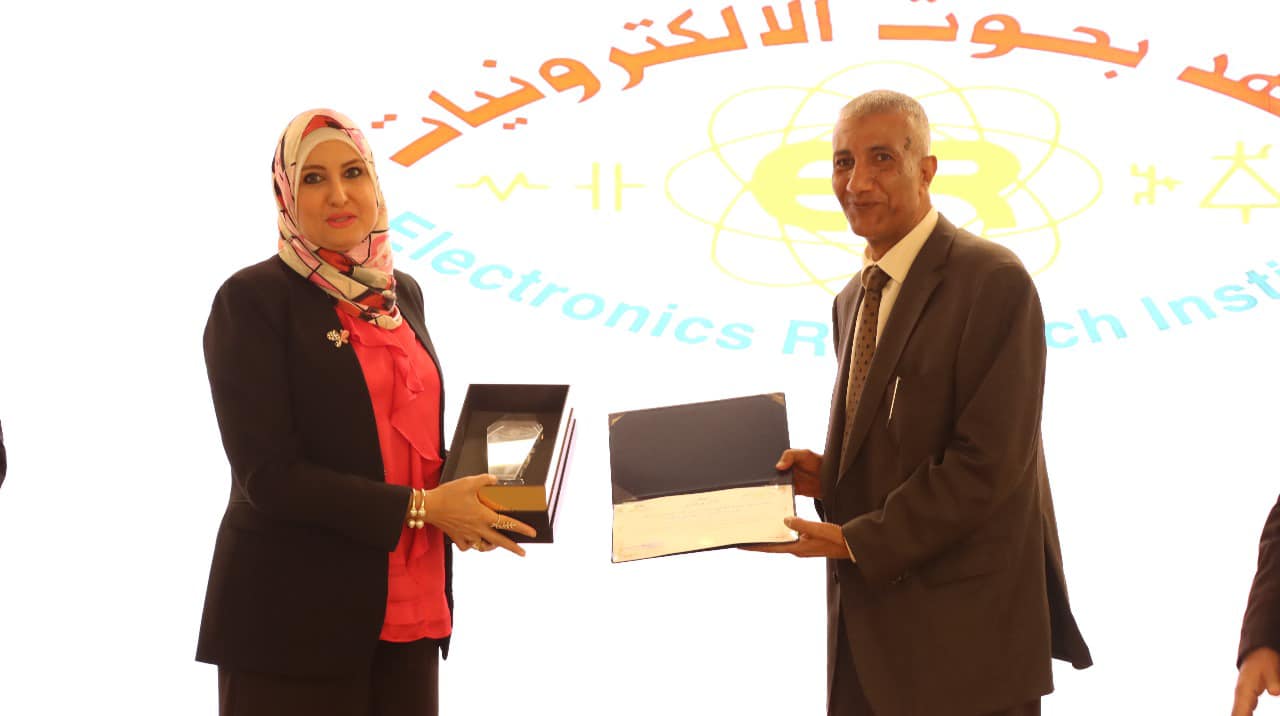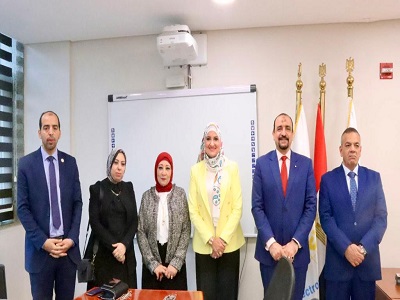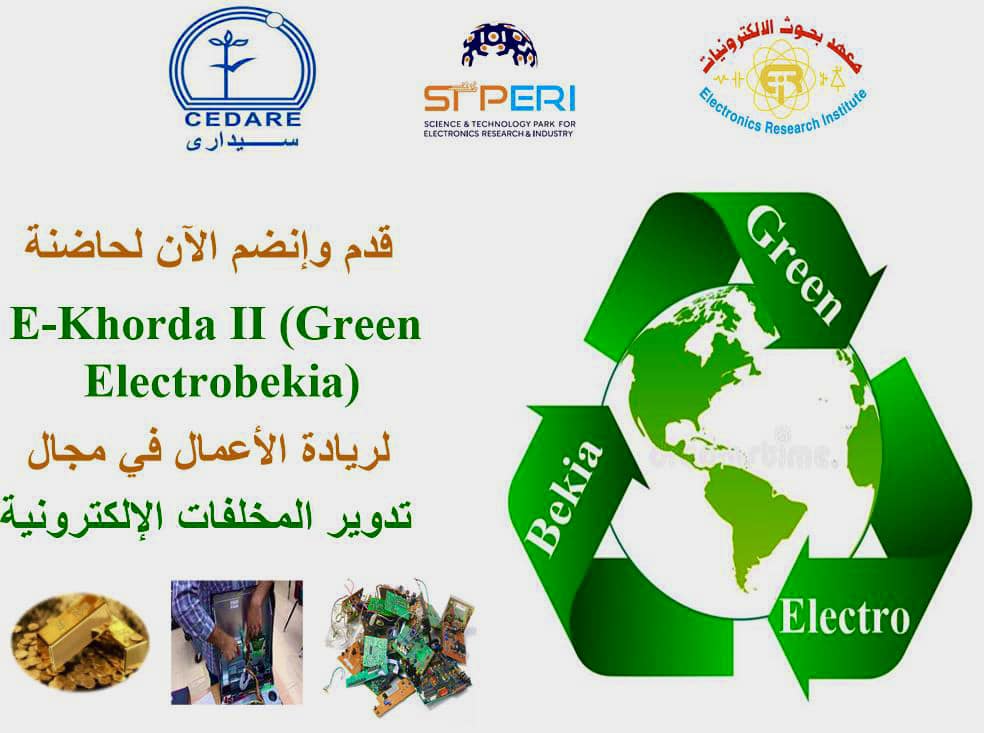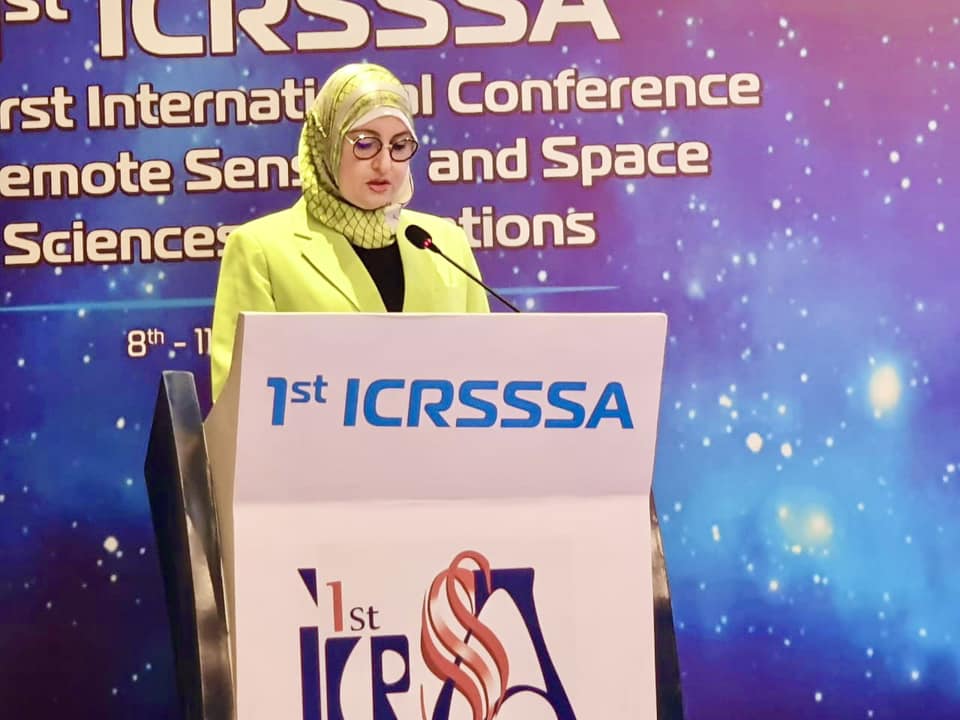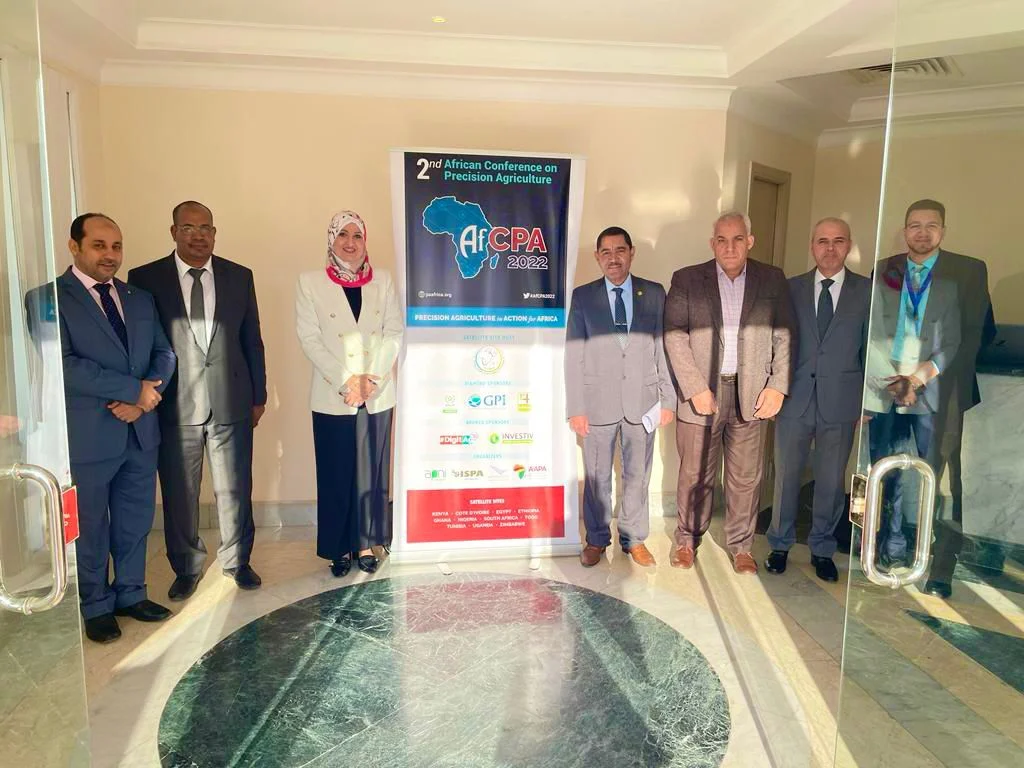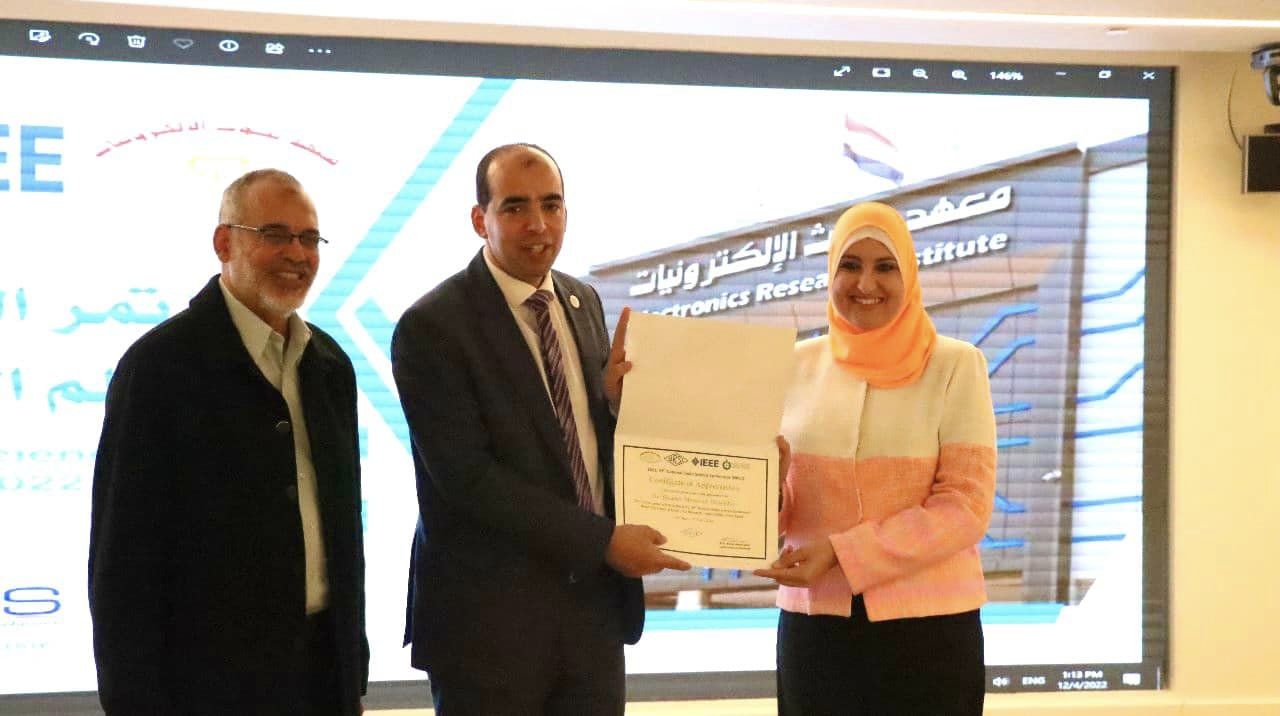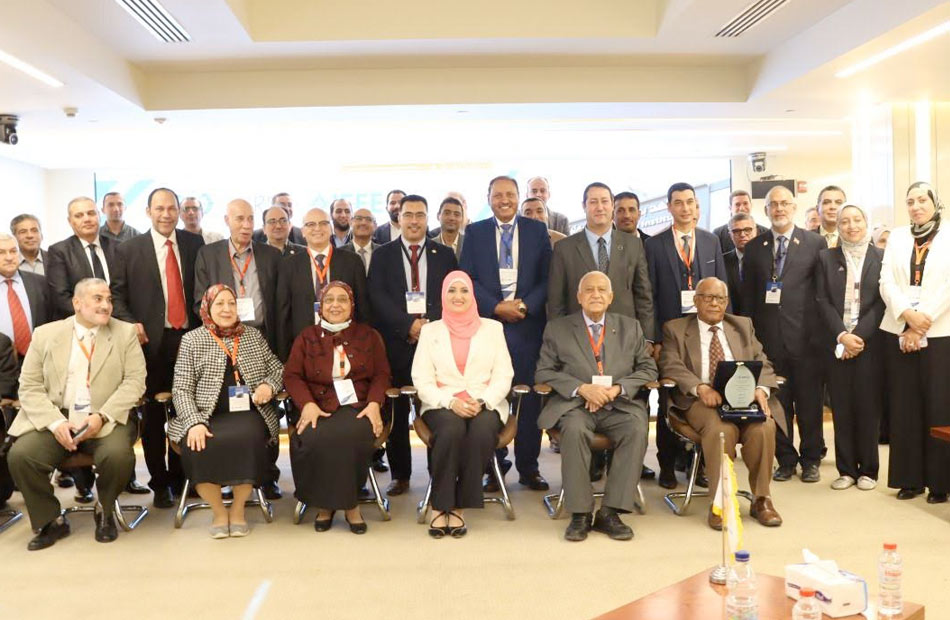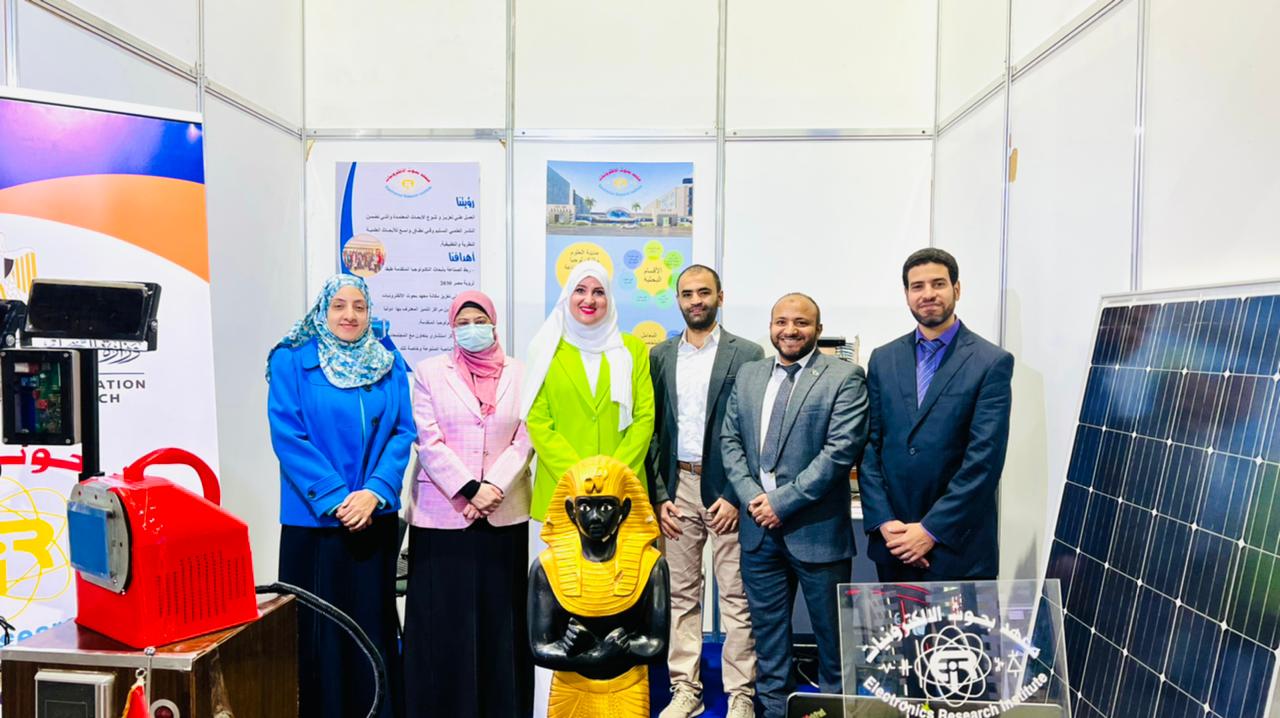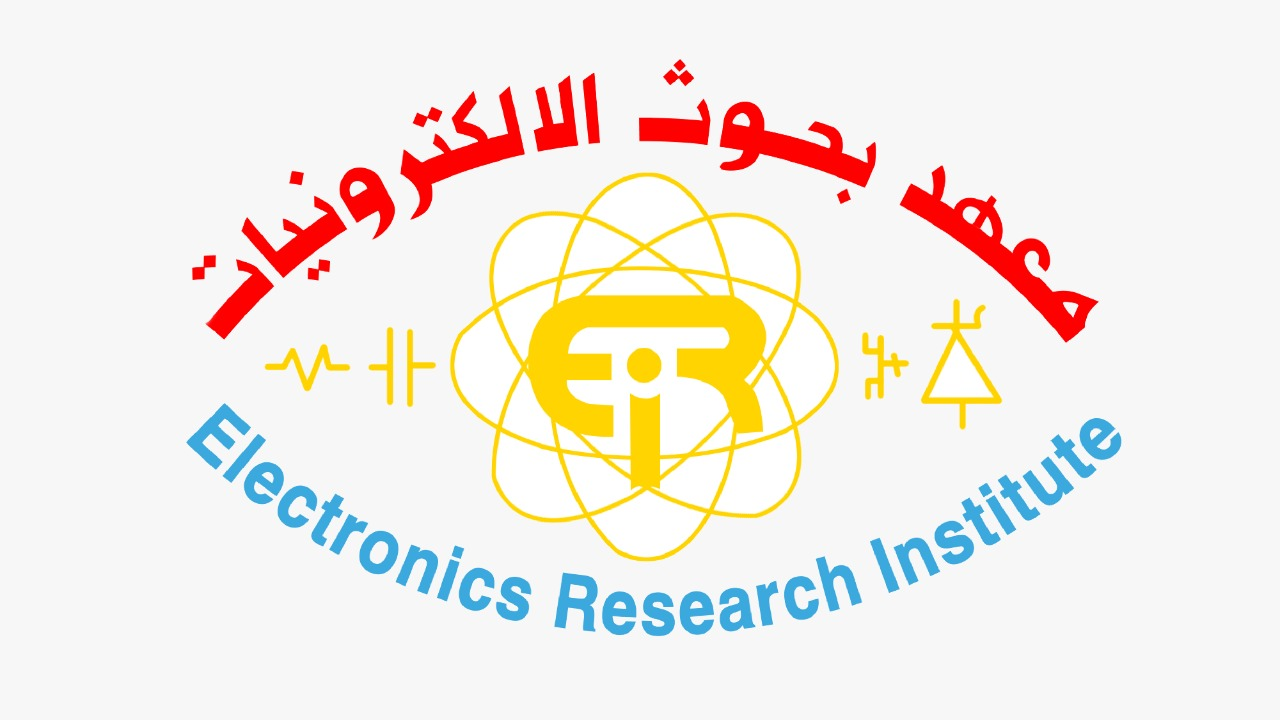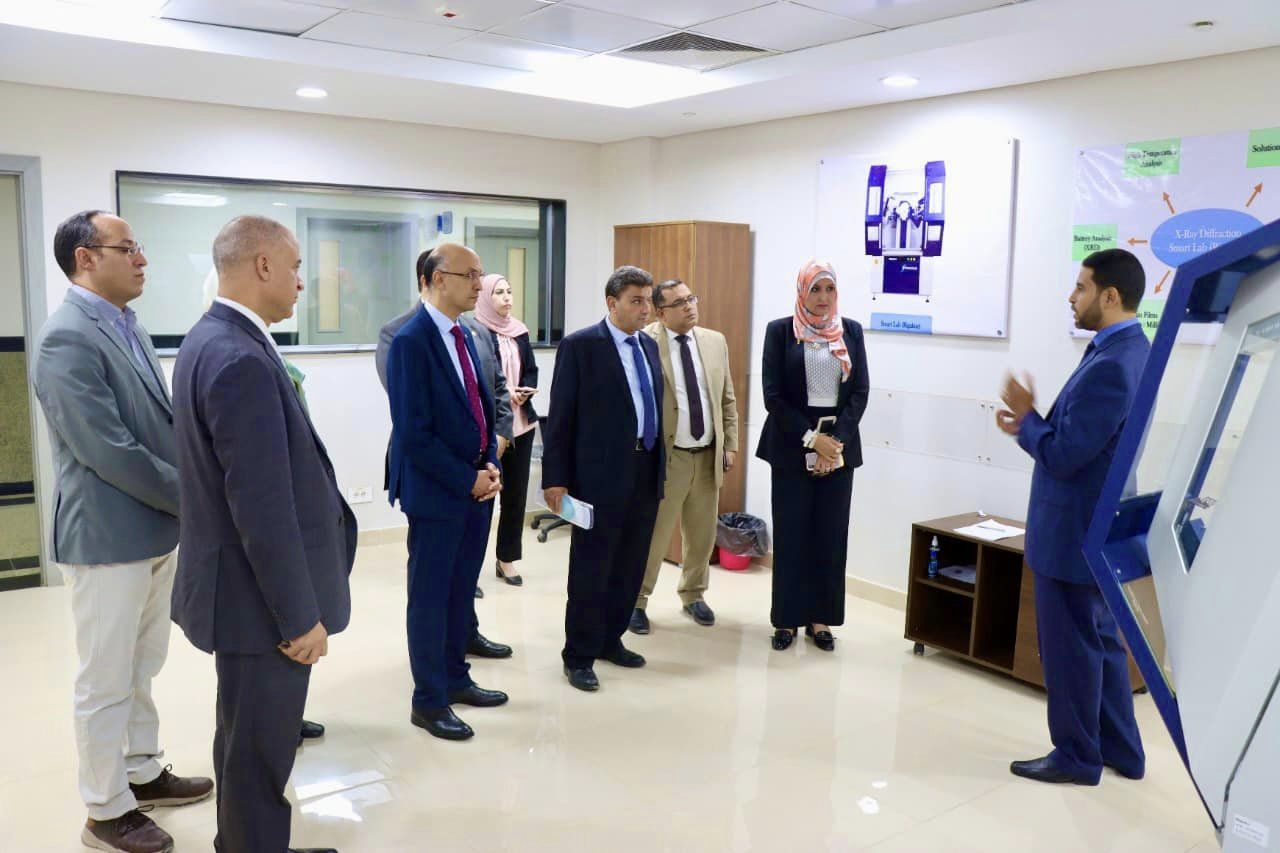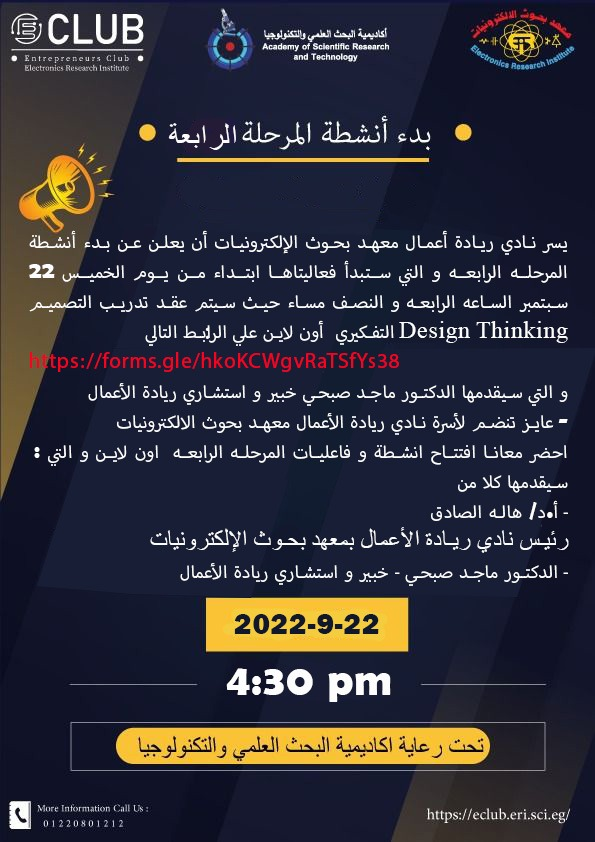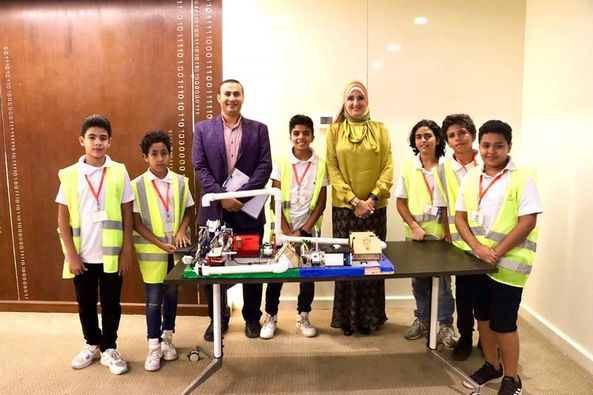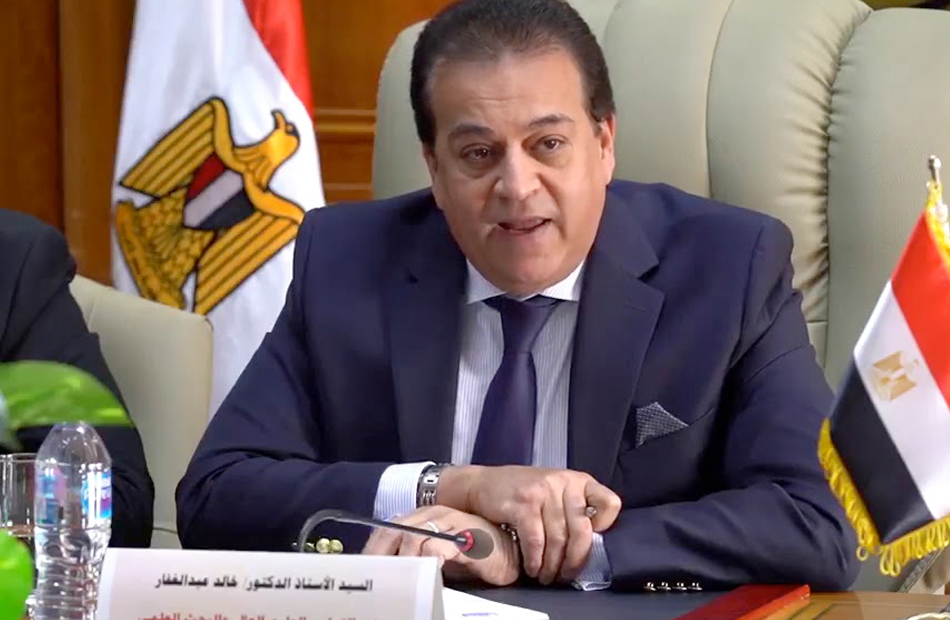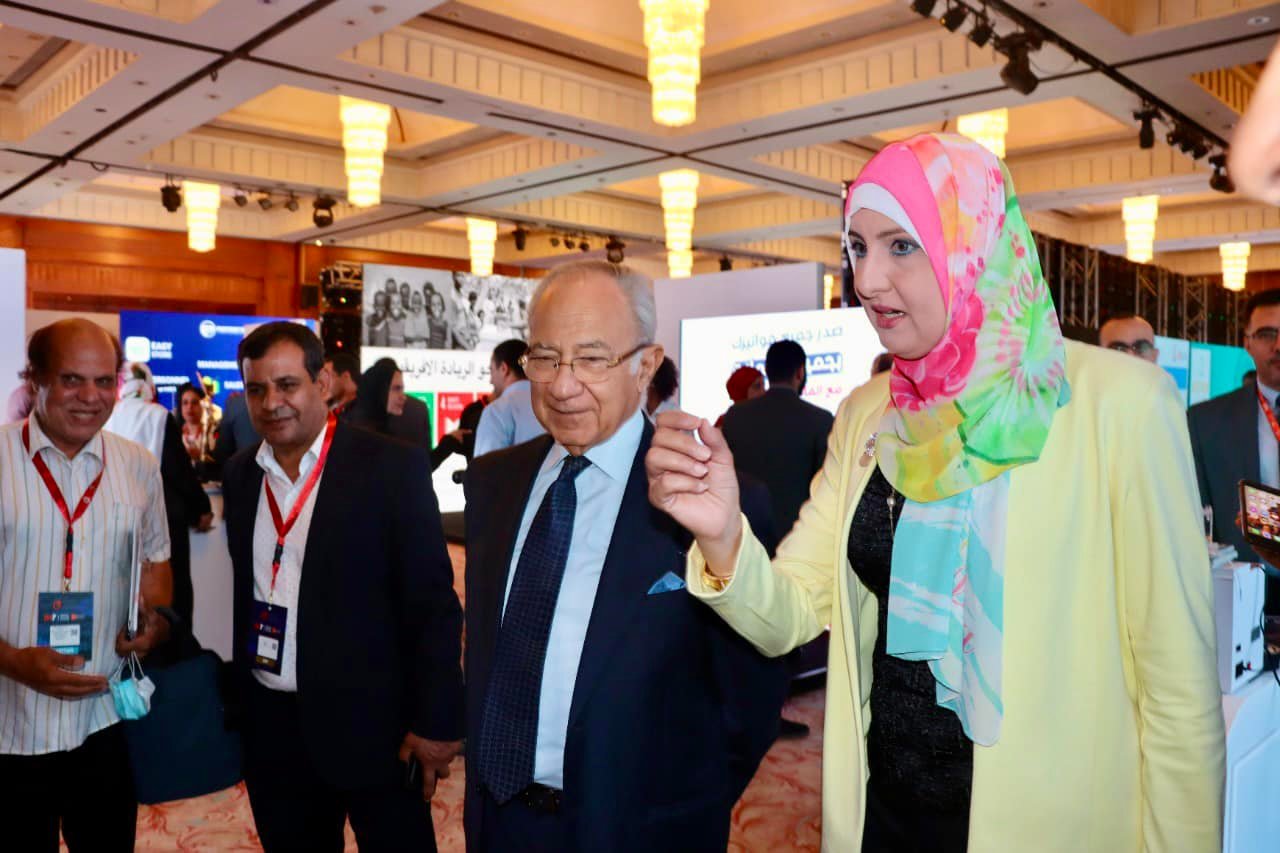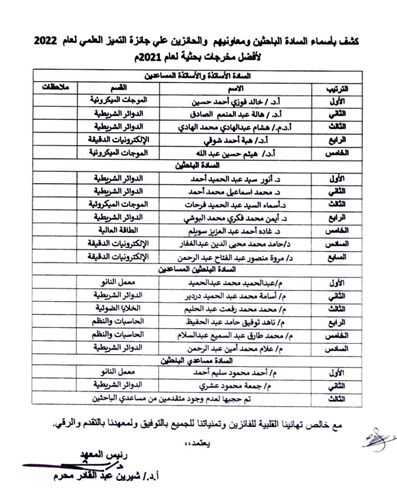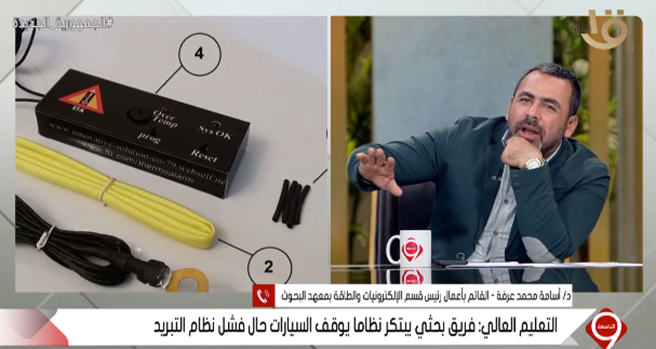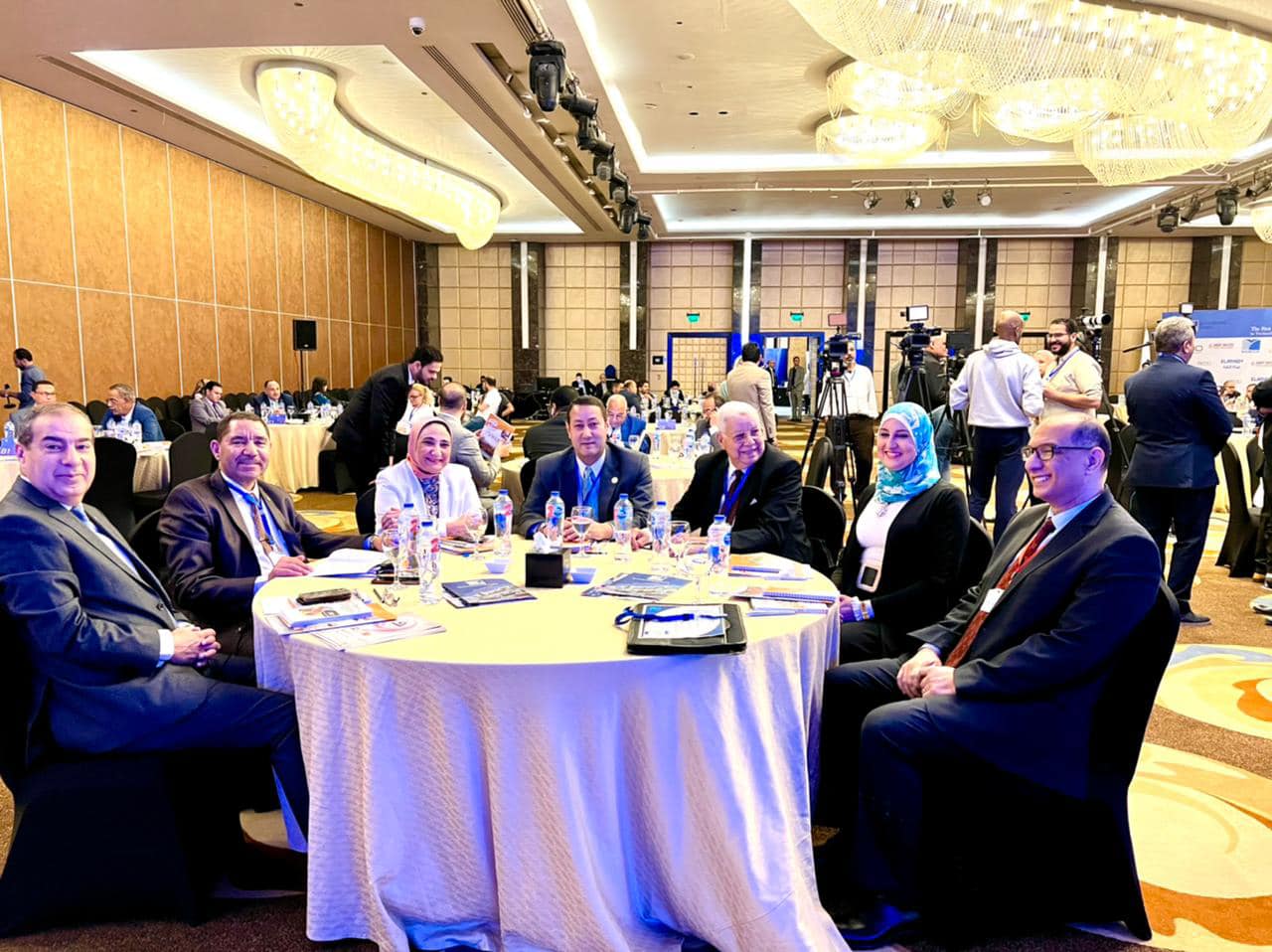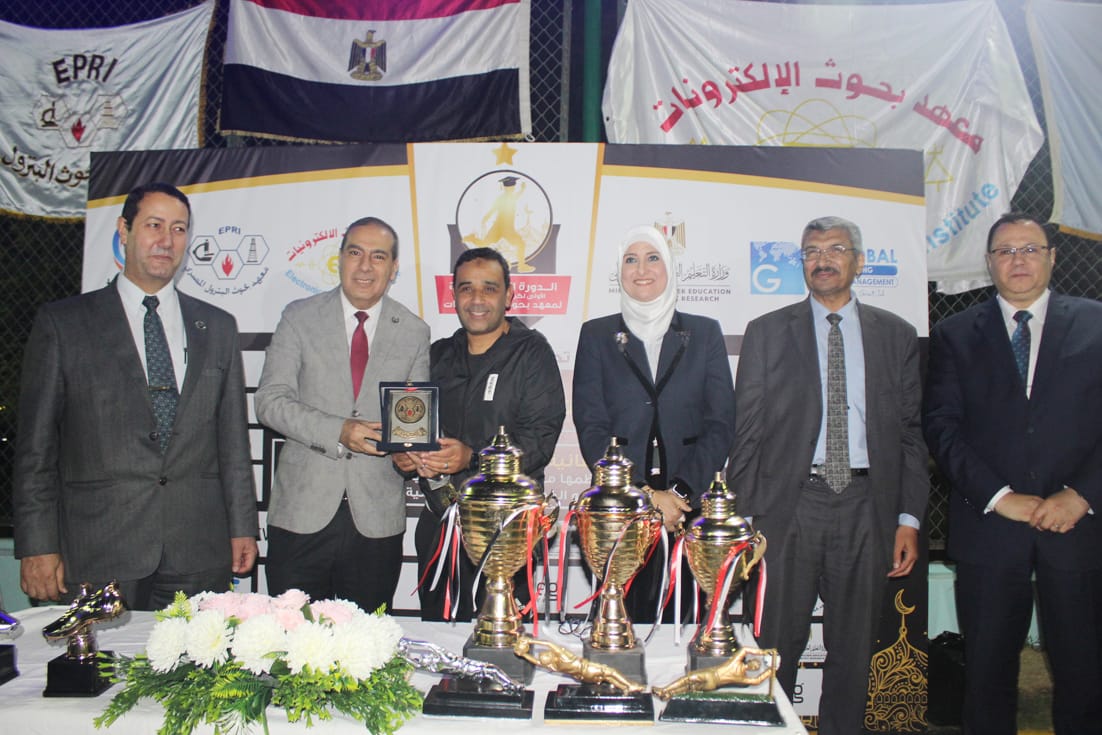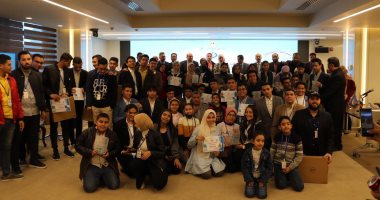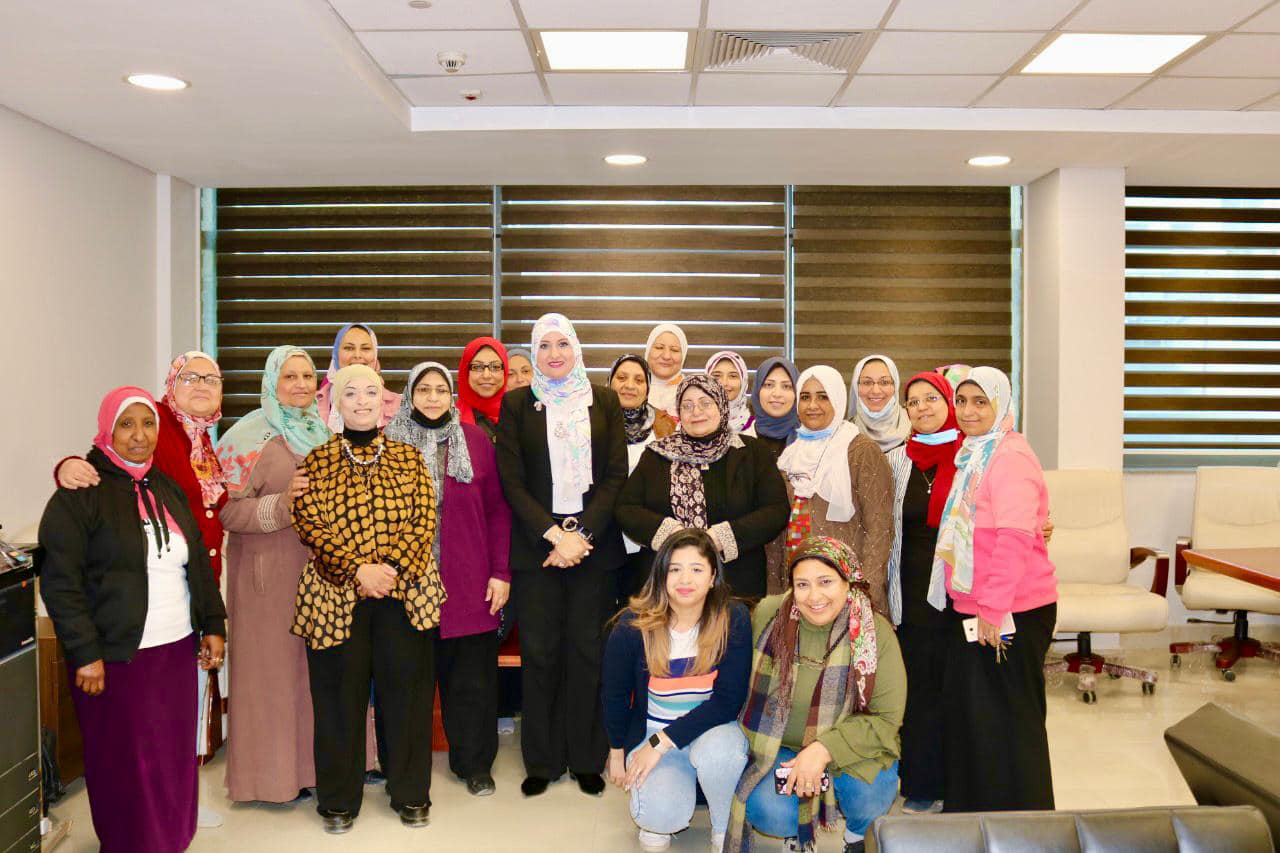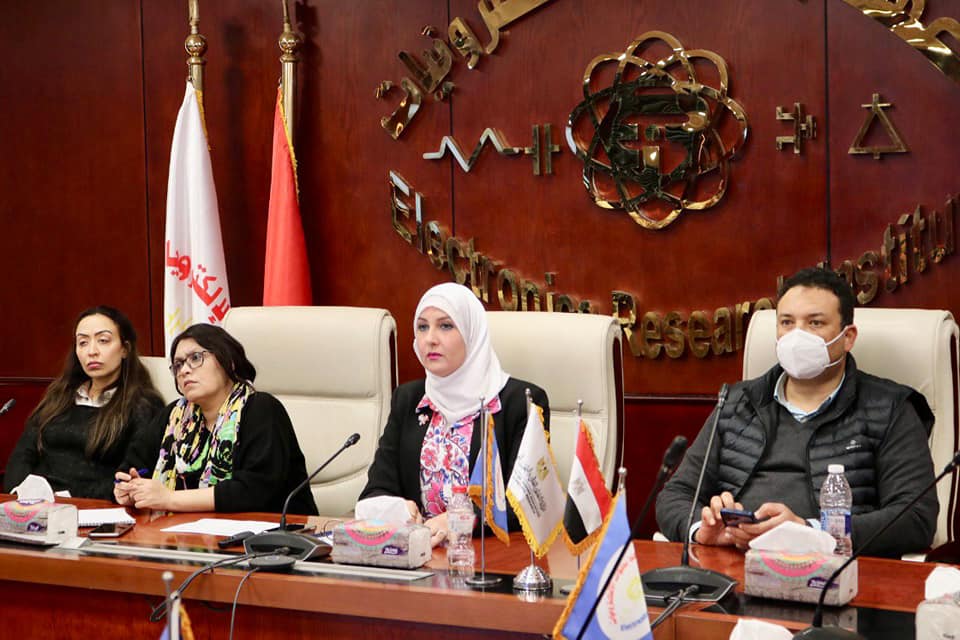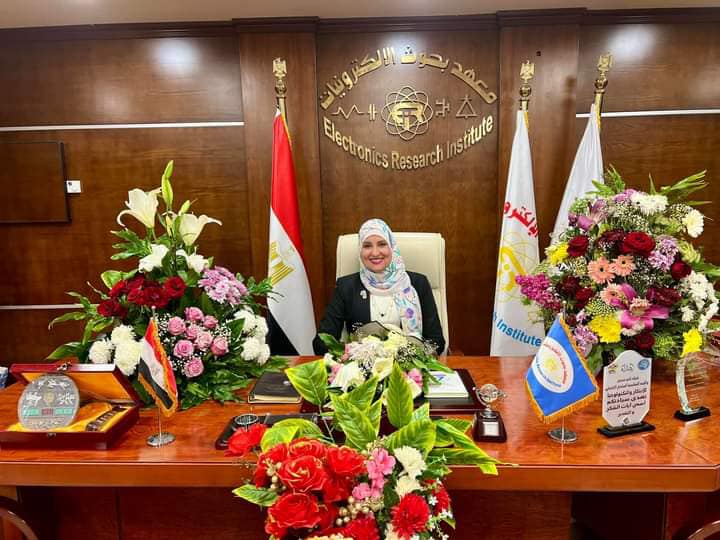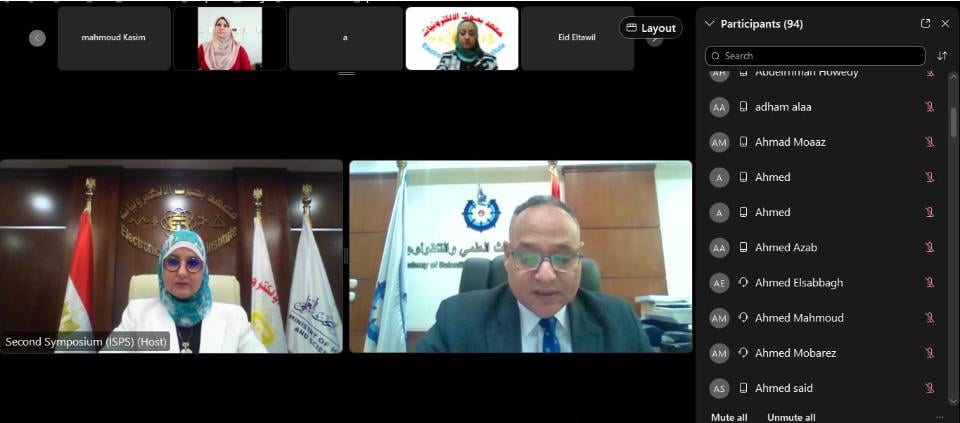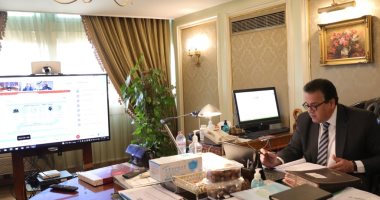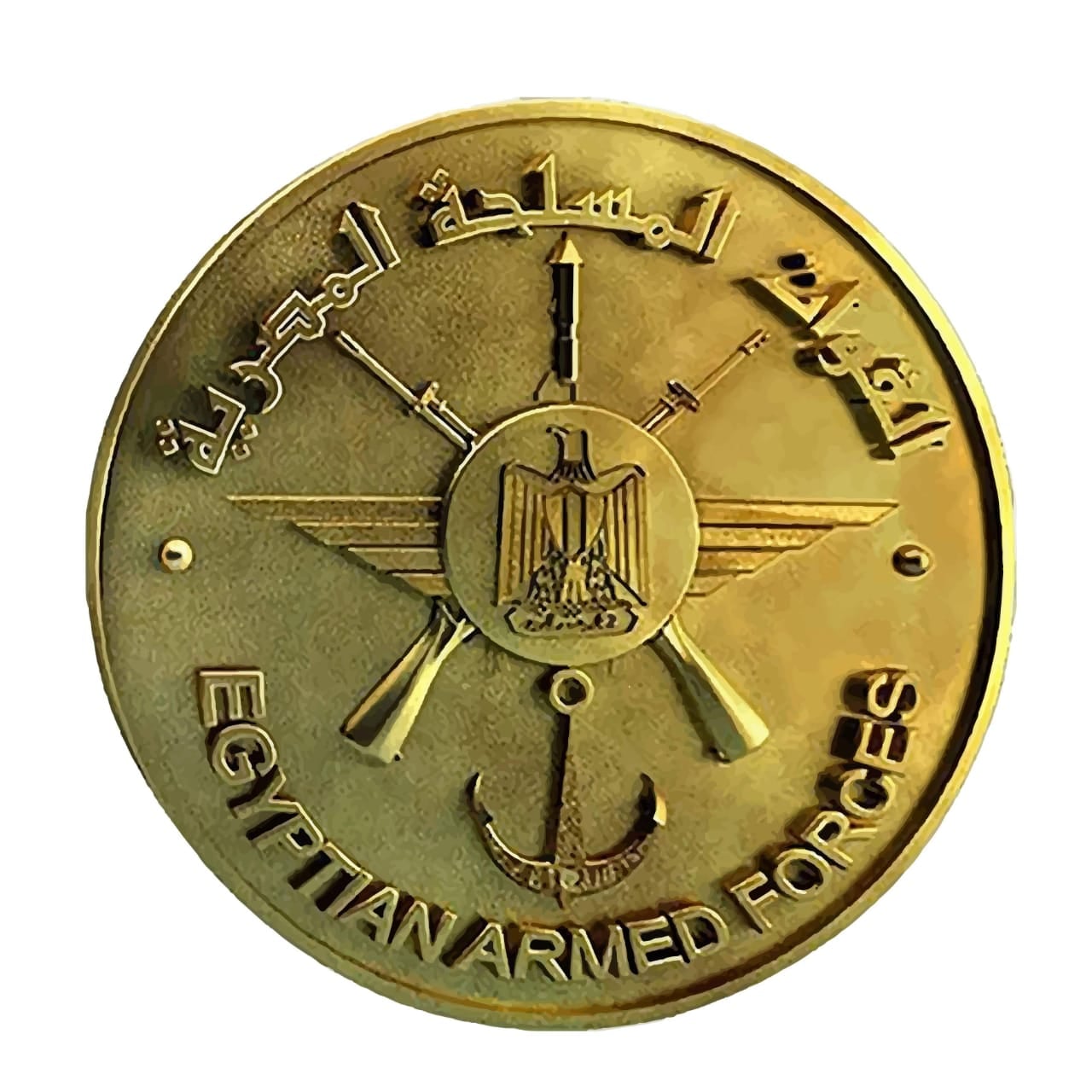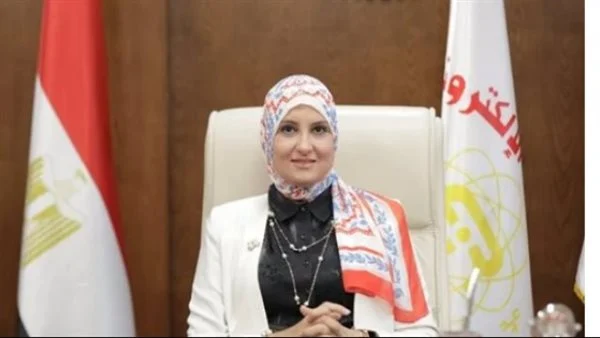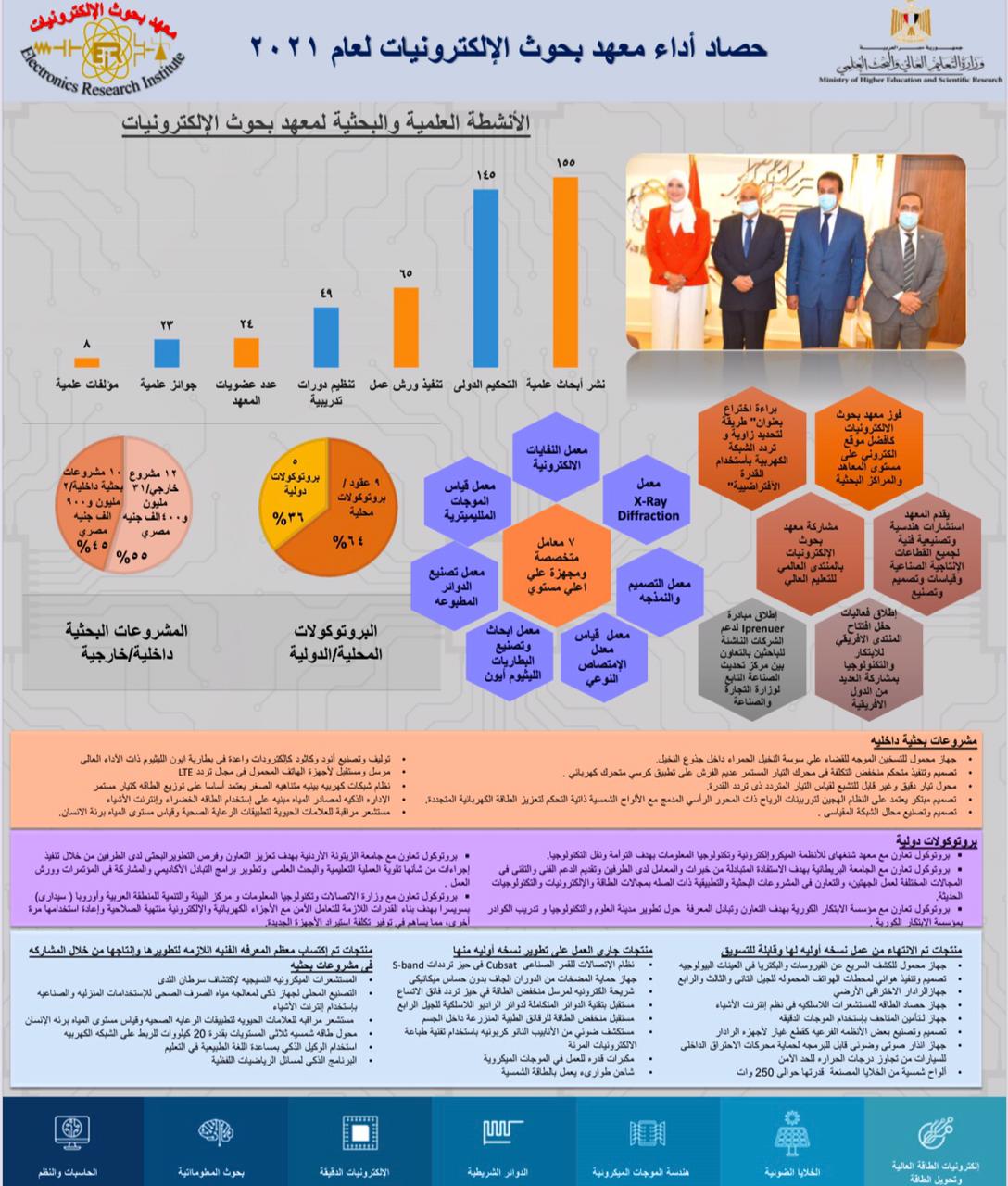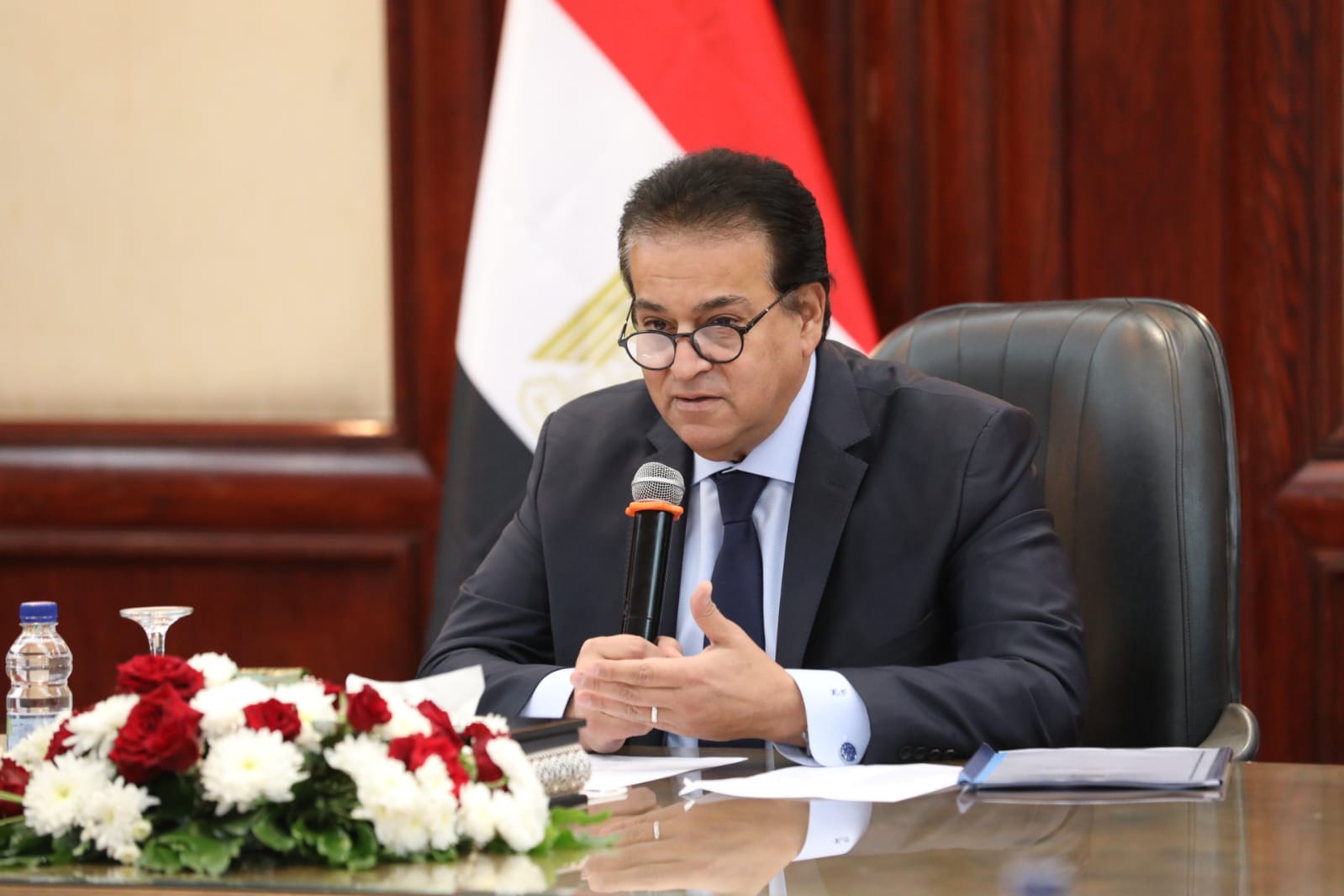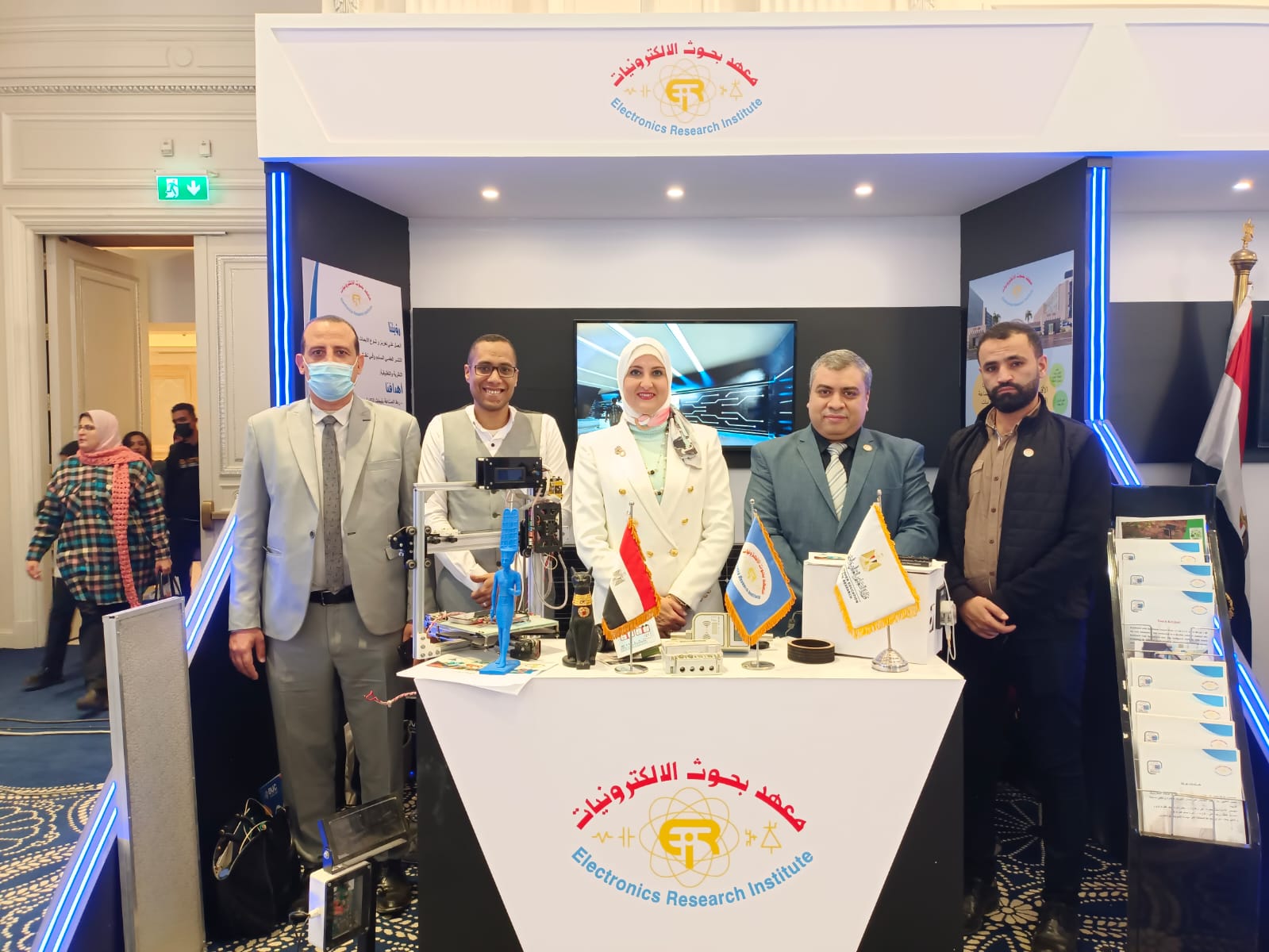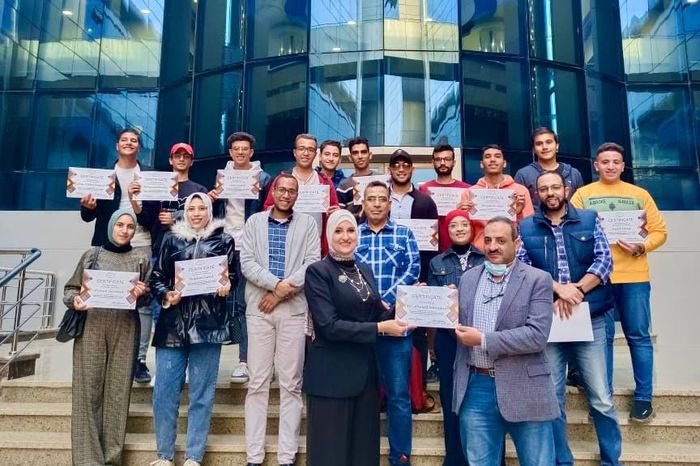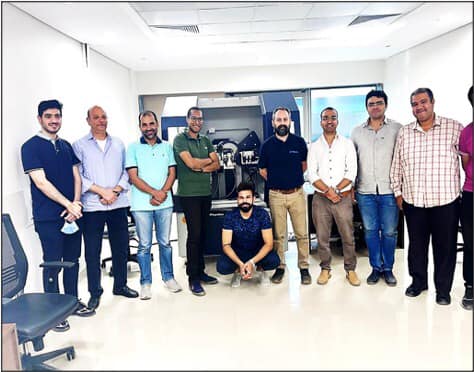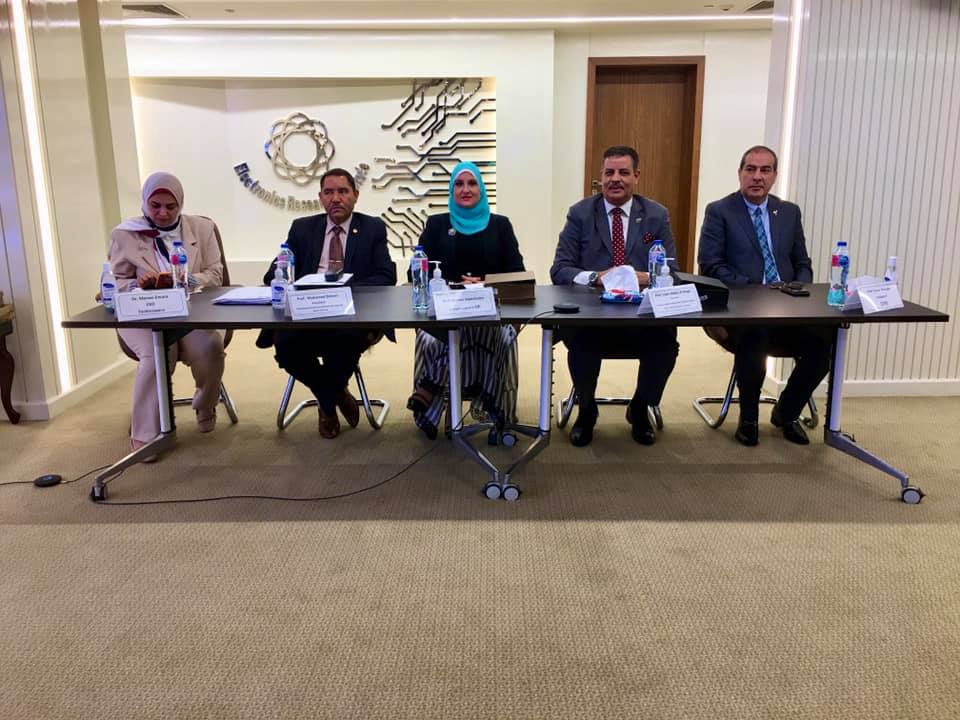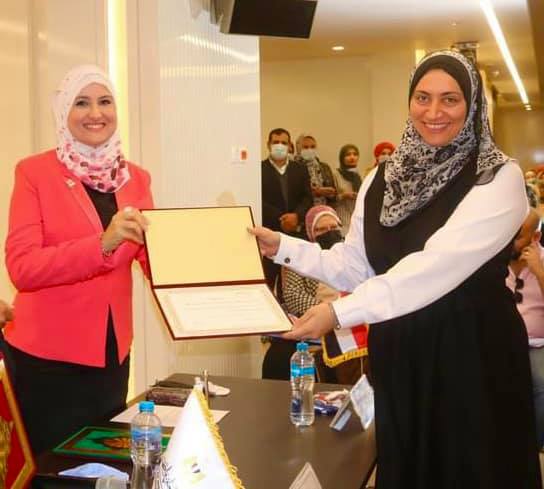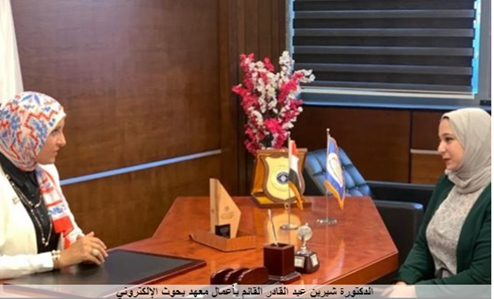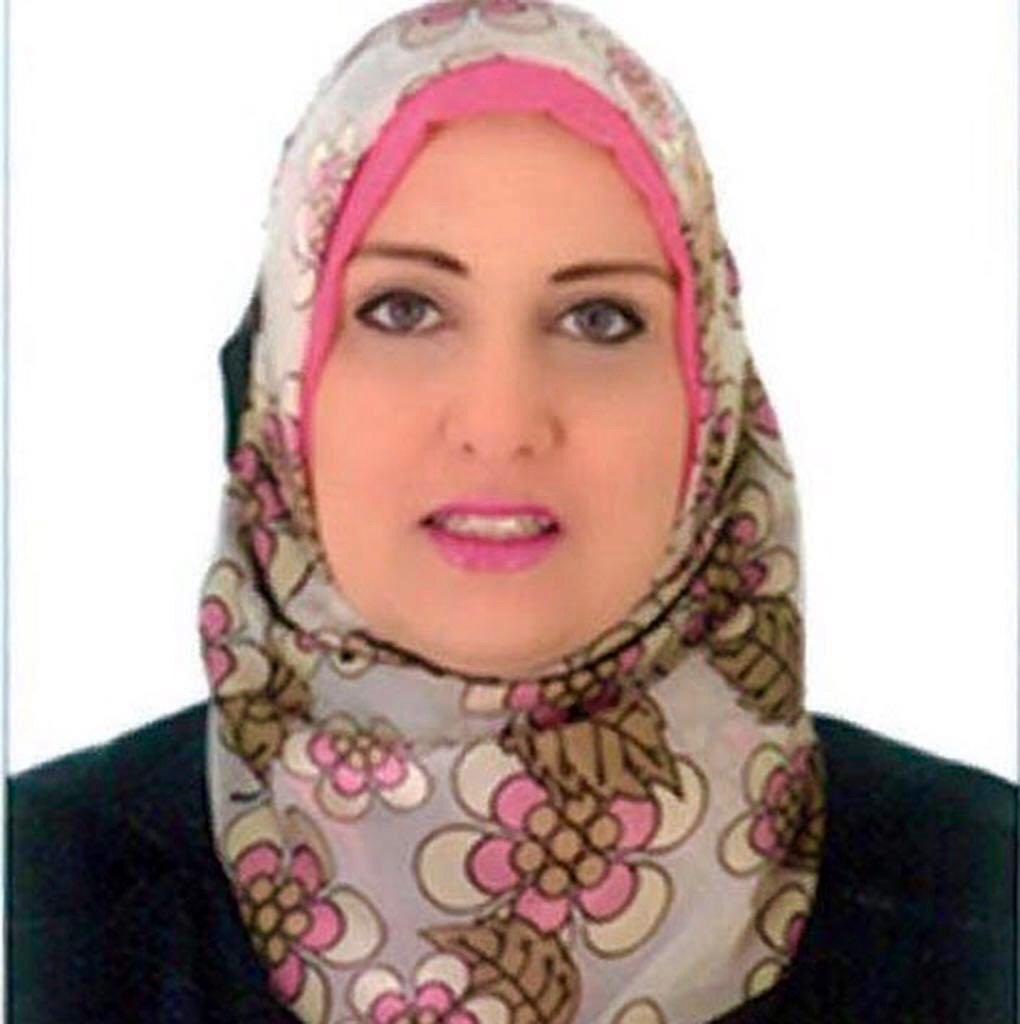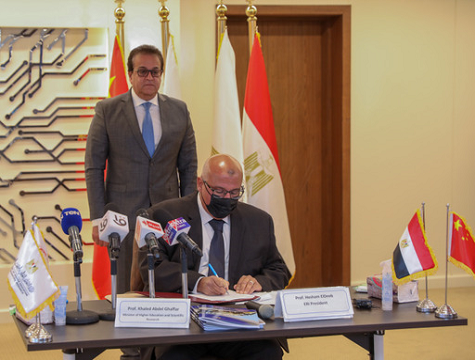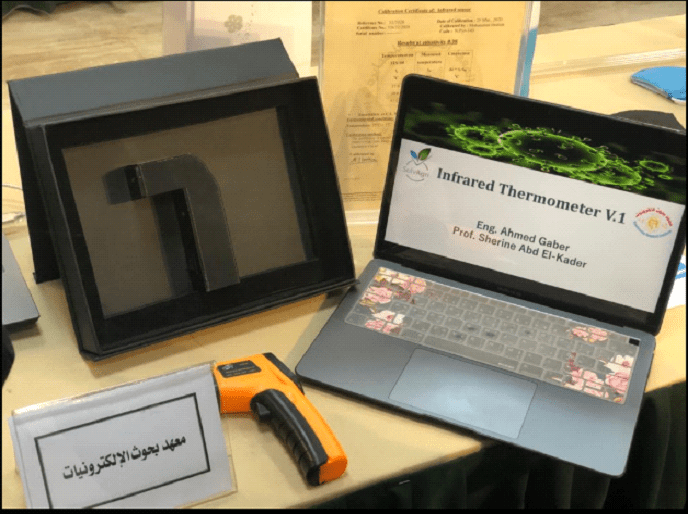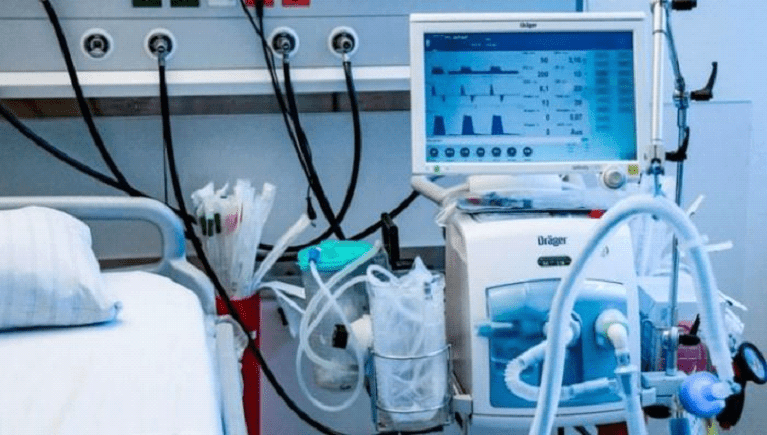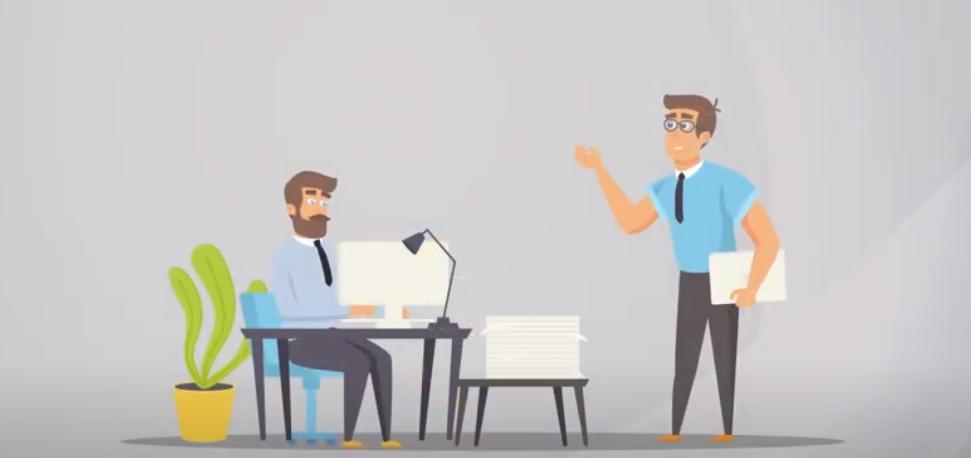

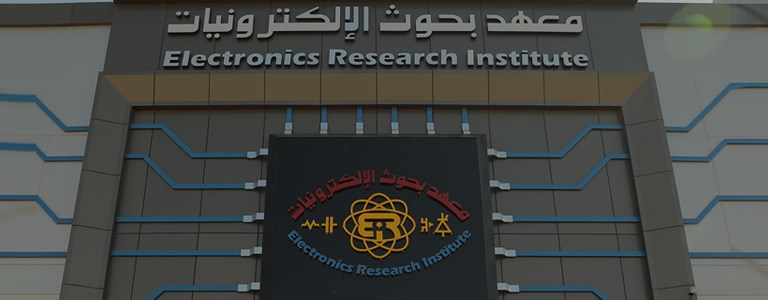
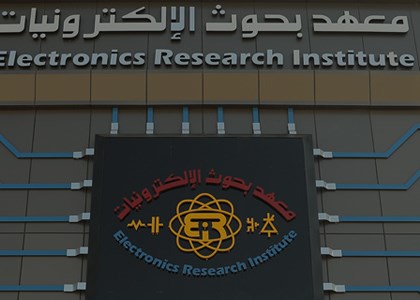
Higher Education and Scientific Research: Electronics Research organizes a workshop on computing the Arabic language
Dr. Khaled Abdel Ghaffar, Minister of Higher Education and Scientific Research, received a report submitted by Dr. Sherine Abdel Qader Muharram, Acting President of the Electronics Research Institute, about the organization of the Institute's Informatics Research Department, a workshop entitled "Computing the Arabic Language: Challenges and Opportunities", at the Institute's headquarters in Nozha.
The report indicated that the organization of the workshop came within the framework of the celebration of the International Day of the Arabic Language, by presenting and discussing developments in the field of computing the Arabic language, allowing access to the latest technologies in this field, identifying the challenges it faces, and creating opportunities for cooperation with partners.
The report emphasized that recently, a strong demand to learn Arabic by some speakers of other languages, started increasing. Some Arab countries, such as Egypt and Saudi Arabia, have adopted specialized programs for teaching Arabic to non-native speakers, using modern technologies such as computers, information technology and networks.
The workshop touched on the fact that the Arabic language did not receive the in-depth studies or the optimal use required by the programmers, and this is due to the gap between the programmers and linguists, which consequently caused a gap or a barrier between an Arabic speaker and multiple scientific areas of knowledge. Although the amount of research in computerized Arabic language processing is increasing, the digital Arabic content on the Internet is barely 3% of the global digital content, despite the fact that Arabic speakers exceeded 400 million people around the world, which represents nearly 7% of the number of people on earth, according to a study and statistics recently issued and presented by the "Arab Thought Foundation" sponsored by King Abdul-Aziz Center for World Culture in the Kingdom of Saudi Arabia.
D. Sherine pointed out that the field of computing the Arabic language deals with many techniques, such as analyzing texts, extracting important information from them, summarizing them, machine translation, and synthesizing sentences and texts. These are research areas that the Electronics Research Institute is working on.
At the conclusion of the workshop, Dr. Sherine announced that this forum will be held in the month of December every year; to open avenues of cooperation in the field of Arab innovation to enrich Arab digital content and stimulate innovation and entrepreneurship in the Arab region.
The activities of the workshop (online) were witnessed by a group of professors and scholars in the field of computing the Arabic language, including Dr. Salwa Al-Ramly former head of the Department of Electronics and Communications Engineering Faculty of Engineering Ain Shams University and head of the Egyptian Society for Language Engineering, Dr. Ali Fahmy Professor of Artificial Intelligence and Machine Learning and Former Dean of the Faculty of Computers and Information Cairo University, Dr. Mohsen Rashwan a professor in the Department of Electronics and Electrical Communications Faculty of Engineering Cairo University, Dr. Sameh Al-Ansari Professor of Computational Linguistics Head of the Department of Phonetics and Linguistics Faculty of Arts Alexandria University and former Vice Dean of the Faculty and Director of the Center for Arabic Computational Linguistics at the Bibliotheca Alexandrina, Dr. Mohamed Fahmy Tolbah the former Vice President of Ain Shams University and a professor in the Scientific Accounts Department at the Faculty of Computers and Information Ain Shams University, and from the sister Arab countries Dr. Muhammad Zaki, formerly Professor of Artificial Intelligence University of Jordan, Dr. Omar Mehdioui Professor of Language Engineering Faculty of Arts and Humanities Meknes, Moulay Ismail University, Kingdom of Morocco, Dr. Nael Muhammad Ismail Ph.D. in linguistics in Palestine.






